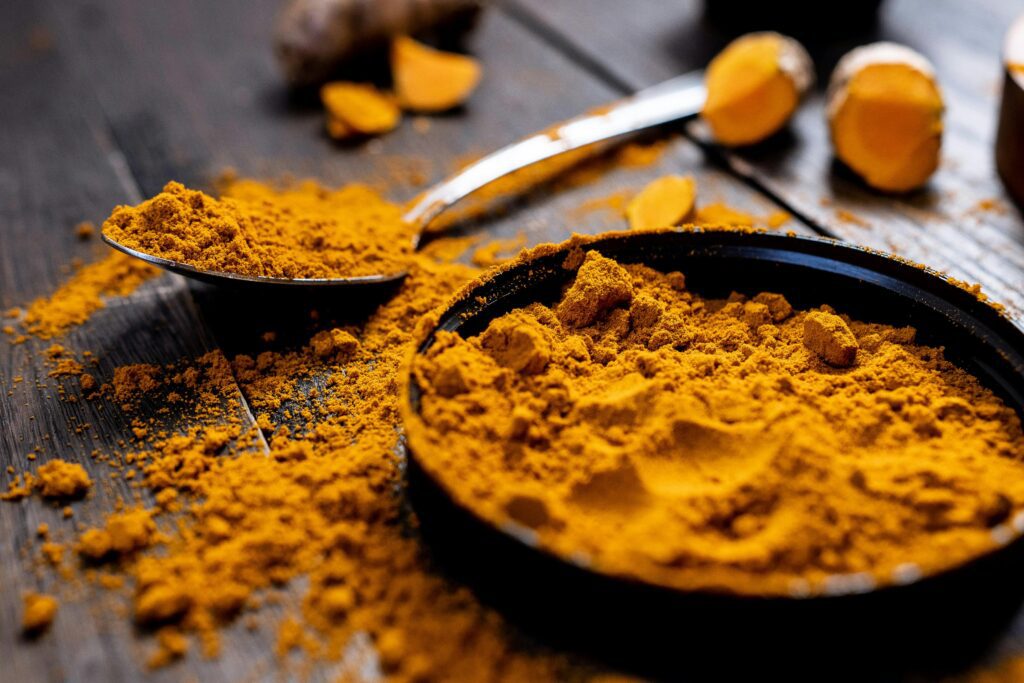I’ve always been curious about natural remedies and what they can offer us, and Turmeric is one that’s certainly caught my eye. You may know it as the vibrant yellow spice in curries, but it’s actually been utilized for centuries in conventional medicine. I wanted to find out what science has to say about its benefits, so I’ve been doing some research into Turmeric and its main component curcumin. Here’s what I know, based on evidence from peer-reviewed research, and put in a way that is legal under UK advertising law.
What is Turmeric?
Turmeric is obtained from the Curcuma longa plant, which is from the ginger family. It tastes warm and slightly bitter and has that distinctive yellow color that gives food a bit of zing. I love to add it to recipes, but its history goes much further back than the kitchen. In India and China, it’s been around for centuries as a staple of traditional medicine. Curcumin, the compound thought to be the source of Turmeric’s purported health effects, is the star ingredient. Does the science match the tradition? I needed to find out.
What the Research Says
I set about studying peer-reviewed literature, and I was flabbergasted at what I discovered about curcumin. It seems to be antioxidant and anti-inflammatory, which could be significant since inflammation and oxidative stress are associated with a great deal of health problems.
One study released in the Journal of Medicinal Food in 2017 reviewed a group of studies and determined that curcumin can lessen inflammation and protect against cell damage caused by free radicals. It’s laboratory and clinical trials, so it’s very rigorous. But the researchers made sure to add that we have more research to do to be sure how this works in real life.
And then there’s another article published in Molecules in 2019 that really got me revved up. It states curcumin may be a factor in promoting health for conditions like cancer, heart disease, and even neurodegenerative illness. It’s all how curcumin works with different pathways within our cells. Again, though, the authors stated more clinical trials need to be done to know its effects.

How This Fits Into My Life
So what does this do for me—or you? I think Turmeric’s promise is intriguing. The potential that it might alleviate inflammation or serve as an antioxidant is encouraging, especially since it’s been eaten safely in food for eternity. But I am not prepared to call it a cure-all. The studies I’ve read ensure that while the indications are promising, we can’t view the entire picture at this point. Increased research is the key to knowing how much Turmeric can actually accomplish and if there are any negative consequences.
Here’s the thing: under UK advertising law, I don’t get to say Turmeric will prevent, treat, or cure a condition—and I wouldn’t, anyway, because the evidence doesn’t exist yet. What I do get to say is that it might help overall health as part of an overall healthy lifestyle. I see it as complementary, not in addition to good medical advice or treatment.
Adding Turmeric to My Routine
I’ve started sprinkling Turmeric into meals more often—think curries, soups, or even a golden latte. Other individuals take supplements, but I’d speak with a doctor first, especially since curcumin isn’t absorbed very well if taken alone. Mixing it with black pepper seems to boost it, though! Whatever the case, I’m keeping it simple and safe.
My Takeaway
Turmeric is rich in history and future, and I’m happy to have taken time researching it. The research is promising that curcumin may have anti-inflammatory and antioxidant properties, which may benefit my health in a subtle way. But I’m not setting my sights too high—more research will tell us just how far-reaching these effects will be.
If you’d like to give Turmeric a shot, go ahead and add it to your next meal. I’d love to hear what you think—comment below!



